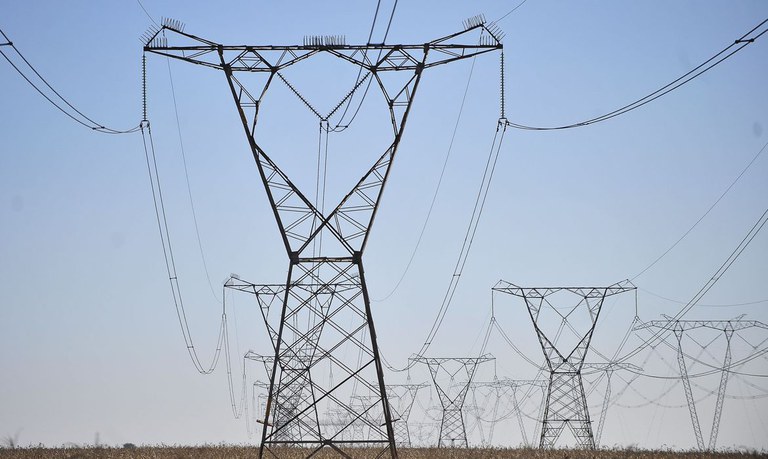Government adopted several measures to reduce the values of electricity bills With the arrival of the coronavirus, among the measures to reduce consumer tariffs, the Federal Executive launched the Covid Account
The National Electric Energy Agency (Aneel) is responsible for calculating the tariff necessary to guarantee the provision of a quality electric energy service to the population. This tariff is readjusted annually and must cover the operation of the entire sector fairly. From 2013 to 2018, the residential rate increased by more than 80%, but since 2019, the Federal Government, Aneel and other sector bodies have started several actions to curb the increases and ensure smaller readjustments.
The general director of Aneel, André Pepitone, commented in an episode of the agency's podcast, Aneelcast, about the measures taken to contain the tariff increases that resulted in the reduction of R$ 18.8 billion, which would be charged to the consumer in 2021. “This administration has adopted a set of actions to mitigate the costs that weigh on the electricity bill and ensure the smallest readjustments for the population. We were able to lower these readjustments from an average of 15% in 2018 to 1.67% in 2019 and 3.60% in 2020.”
The readjustments must take place annually as a way to fulfill the contracts with the generating, transmission and distribution companies. The costs that the electricity industry represent form the major part of the bill that reaches Brazilians' homes. At the tip of the pencil, the bill is composed of 34.5% of energy production, 6.5% of transport through transmission networks, 20.3% of distribution and the remainder is formed by 31% of taxes, 7.7 % of subsidies, 9.2% of PIS/Cofins and 21.8% of ICMS.
According to the superintendent of tariff management at Aneel, Davi Antunes Lima, two main components put pressure on tariff readjustments: energy generation and sectorial charges. “In recent years, it has been raining less than the historical average, with this the reservoirs of the hydroelectric plants have not been able to recover and the thermal plants, which are more expensive, need to be activated to meet the load. This makes the cost of energy go up.”
But with actions such as the Provisional Consumer Measure; the return of PIS/Cofins tax credits from legal proceedings; debt renegotiation; the postponement of portion B (operating costs and remuneration of companies); the temporary suspension of amounts to be paid by distributors to Itaipu Binacional; and revenue for modicity, Aneel managed to keep the sector operating at lower costs.
With the arrival of the coronavirus, the Federal Government launched the Covid Account, which guaranteed R$ 15.3 billion for working capital to companies in the electricity sector to reduce tariffs for consumers. The action helped to mitigate the impacts of the crisis and ensure the economic and financial sustainability of the sector.
.

 Mr. Alessandro Jacob speaking about Brazilian Law on "International Bar Association" conference
Mr. Alessandro Jacob speaking about Brazilian Law on "International Bar Association" conference